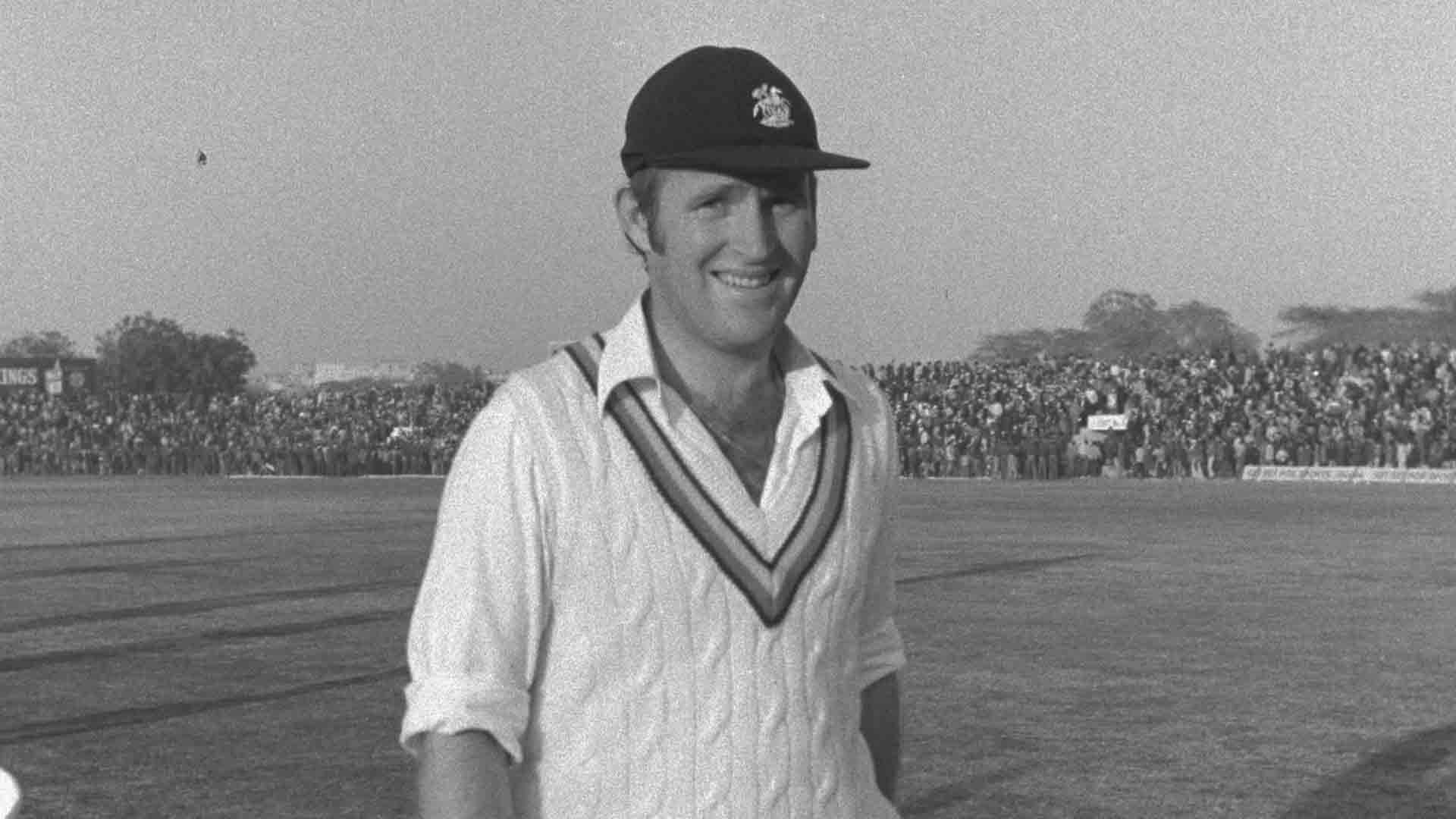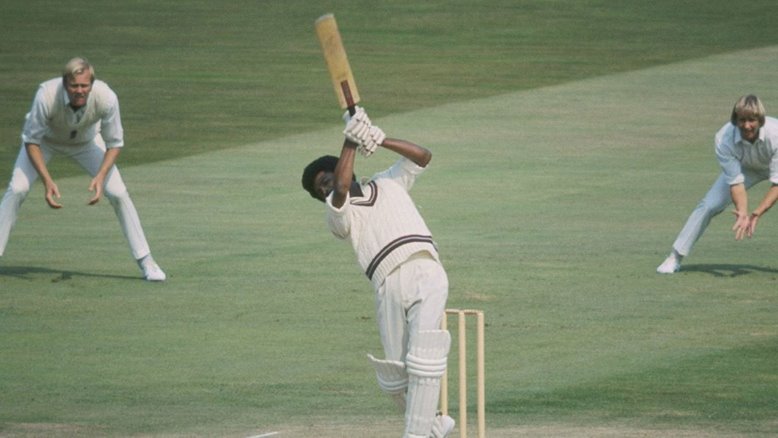The first tournament, originally known as an ‘International Competition’ consisted of eight teams split into two groups of four.
The teams being England, Australia, West Indies, Pakistan, New Zealand, India, Sri Lanka (not yet a Test nation) and East Africa (making their only appearance).
The teams were chosen at a meeting of TCCB and ICC representatives chaired by F R Brown in 1972, who also decided that all umpires selected would come from the United Kingdom and the match would consist of two 60-over innings. The two teams of groups would play each other in a round robin format similar to in football’s World Cup competition, with the winner of each match receiving four points.
The two teams of groups would play each other in a round robin format similar to in football’s World Cup competition, with the winner of each match receiving four points.
The first match at Lord’s was remembered for Dennis Amiss’ sparkling innings of 137* - which Amiss later recalled in 2013 as his favourite memory of playing at Lord’s – helping England to defeat India by 202 runs.
That match was one of only two hosted by Lord’s throughout the tournament – the other being the final, between the two tournament favourites, Australia and the West Indies.
Despite losing the toss, West Indies made a total of 291 in 60 overs – with their captain Clive Lloyd scoring 102, Gary Gilmour ending with figures of 5 for 48 for Australia.
Chasing West Indies’ total, Australia had five men ran out, and Keith Boyce took 4 wickets, as West Indies won the inaugural Prudential World Cup by 17 runs. The trophy – on display in the MCC Museum – was presented to Lloyd, winning captain and who earned a further £200 as man of the match, by the MCC President Prince Philip, Duke of Edinburgh.
The trophy – on display in the MCC Museum – was presented to Lloyd, winning captain and who earned a further £200 as man of the match, by the MCC President Prince Philip, Duke of Edinburgh.